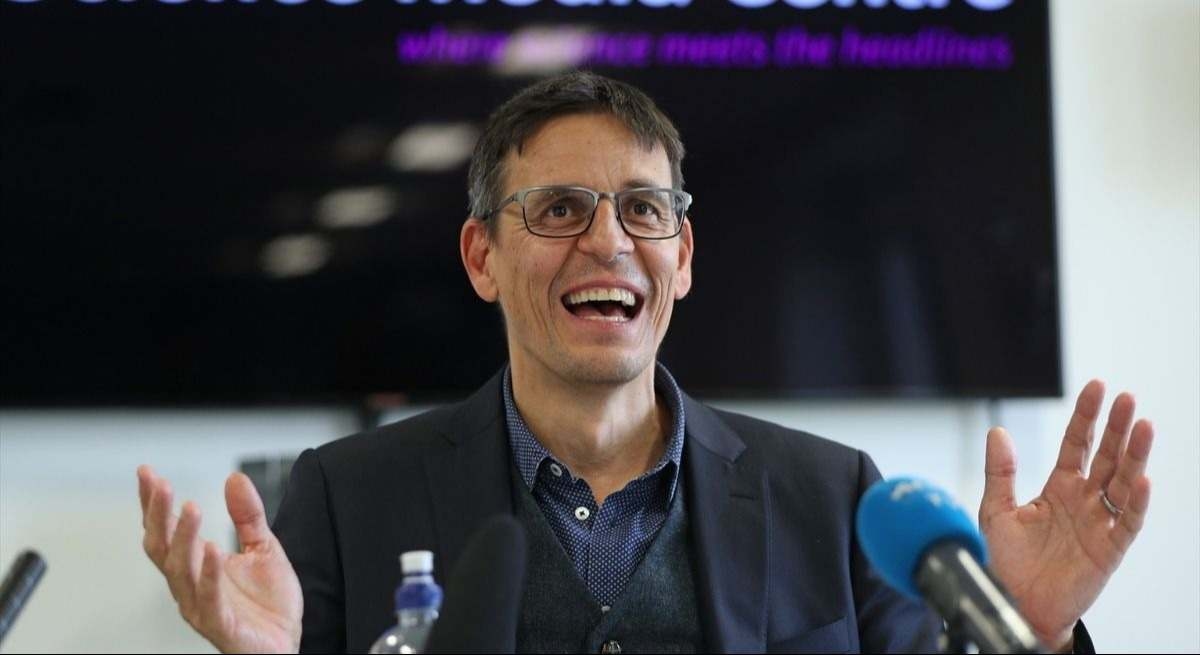Didier Queloz, Nobel Prize winner in Physics: "The universe has been generous to us because..."

In a lecture given at the Instituto de Astrofísica de Canarias (IAC) , 2019 Nobel Prize winner in Physics, Didier Queloz , highlighted the limits of current detection techniques, such as transits and radial velocities, and the need to move towards direct imaging and atmospheric analysis methods.
"We have to move to direct imaging; there's no other way," he emphasized, noting that the future of planetary astrophysics will depend on advanced optical instrumentation and next-generation telescopes. Queloz also addressed the search for exoplanets , highlighting planetary diversity and the notion of a "generous universe."
"The universe has been generous to us because we never imagined the enormous diversity of planets that would exist," he explained, while specifying that this variety does not imply that Earth is unique , but rather that there are multiple possible paths for planetary formation.
Along these lines, he defended the idea that life could be a natural consequence of the universe, provided planetary conditions remain favorable for a sufficient amount of time. "The search for life is no longer just about astronomy ; it's also about geophysics and chemistry. One day we will make a direct image of another planet like Earth, and that will be a historic moment for humanity," he explained.
In depthThe researcher visited the IAC to supervise the installation of a new high-stability spectrograph on the Isaac Newton Telescope (INT) at the Roque de los Muchachos Observatory in La Palma. This equipment is part of the Terra Hunting Experiment (THE) project, whose main focus is the detection and characterization of terrestrial-like exoplanets around solar-like stars.
Within the framework of this collaboration, Queloz has held meetings with researchers from the Laboratory of Innovation in Opto-Mechanics (LIOM) to examine progress in the development of optical technologies and the integration of advanced instrumentation.
During his visit, Queloz held a working meeting with the IAC's LIOM team, where they discussed potential synergies in advanced instrumentation, particularly in areas such as adaptive optics, cancellation interferometry, photonics, and artificial intelligence applied to telescope control.
eleconomista



